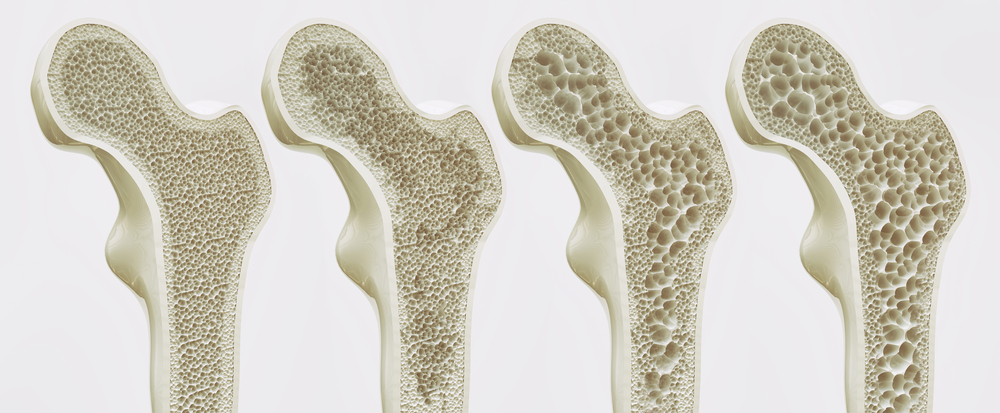Sleep is a state of unconsciousness when you’re not aware of yourself or the world around you. It can reduce stress, improve mood, and lower your risk for a variety of health problems. A lack of quality sleep can negatively impact information processing, emotion regulation, and memory.
Four stages of sleep occur in 90-minute cycles. The first 3 stages are called non-rapid eye movement (non-REM) sleep. Meanwhile, the last stage is called rapid eye movement (REM) sleep.
4 stages of sleep
Stage 1 is dominated by theta waves, which are slow and low-frequency brain waves. People may experience strange sensations such as hearing or seeing things that aren’t there and a feeling of falling during this stage.
Stage 2 also contains sleep spindles and K-complexes in addition to theta waves. Sleep spindles are bursts of brain activity while K-complexes keep you asleep by suppressing arousal of the brain cortex. Since this is a deeper stage of sleep than Stage 1, it is harder to wake people up during this stage.
Stage 3 is dominated by delta waves, which are even slower and lower frequency waves than theta waves. Sleepwalking and memory consolidation occur during this stage. It is harder to wake people up during this stage than Stage 2.
REM sleep is characterized by rapid movement of the eyes under the eyelids and most other muscles being paralyzed. Most dreaming occurs during this stage.
People typically cycle through these stages 4–5 times per night. The order within each cycle typically follows the following pattern: Stage 1, Stage 2, Stage 3, Stage 2, REM, Stage 1. Your age and how long you’ve been asleep influence how long each stage lasts.
The Boom Health app allows you to manage your loved one’s home care in one app and takes the stress out of organizing care. Download the app on the App Store or Google Play Store.
This article is not intended to be a substitute for professional medical advice or diagnosis. Always seek the advice of your physician or another qualified health provider with any questions you may have regarding a medical condition.





